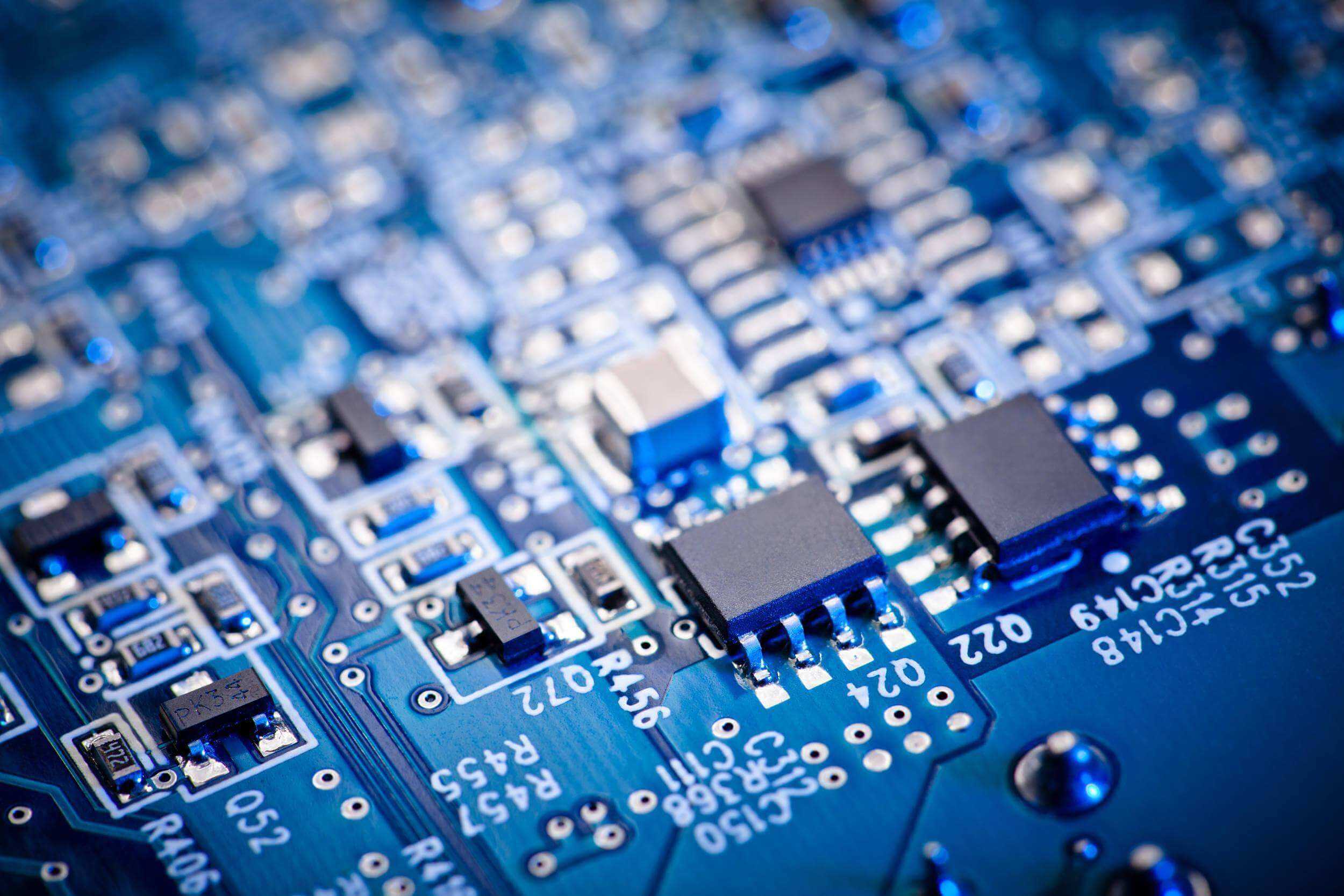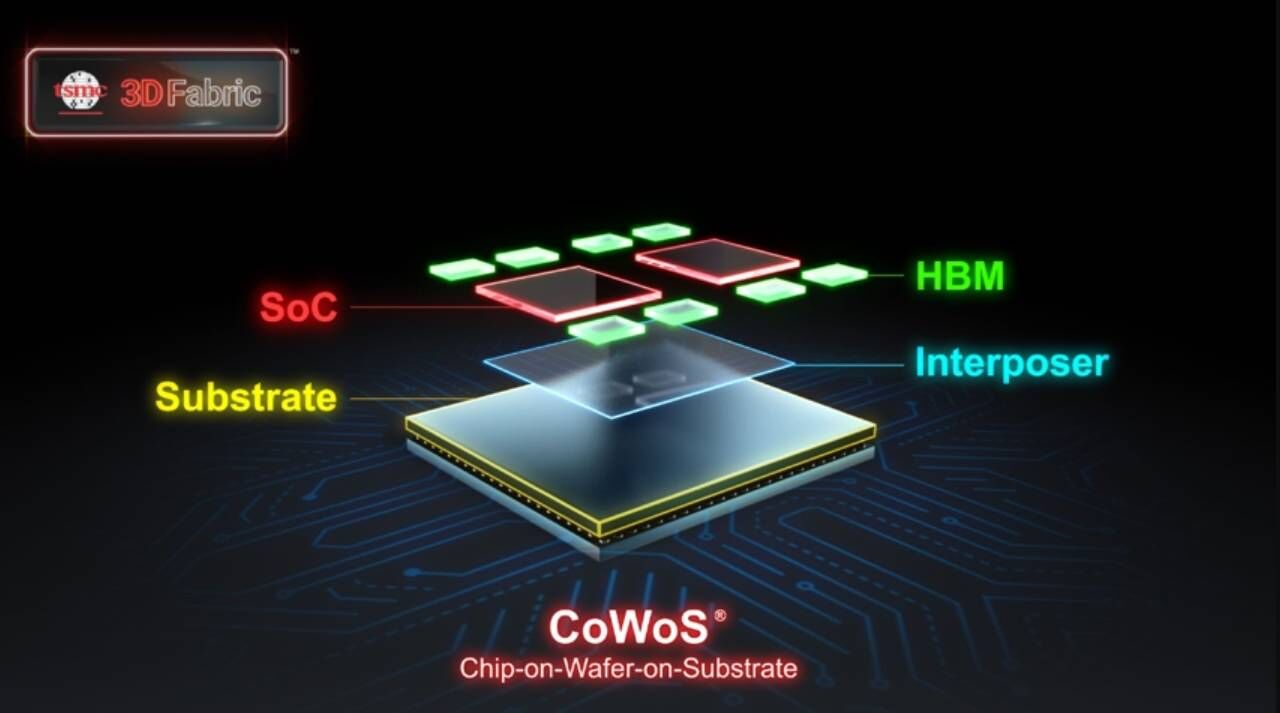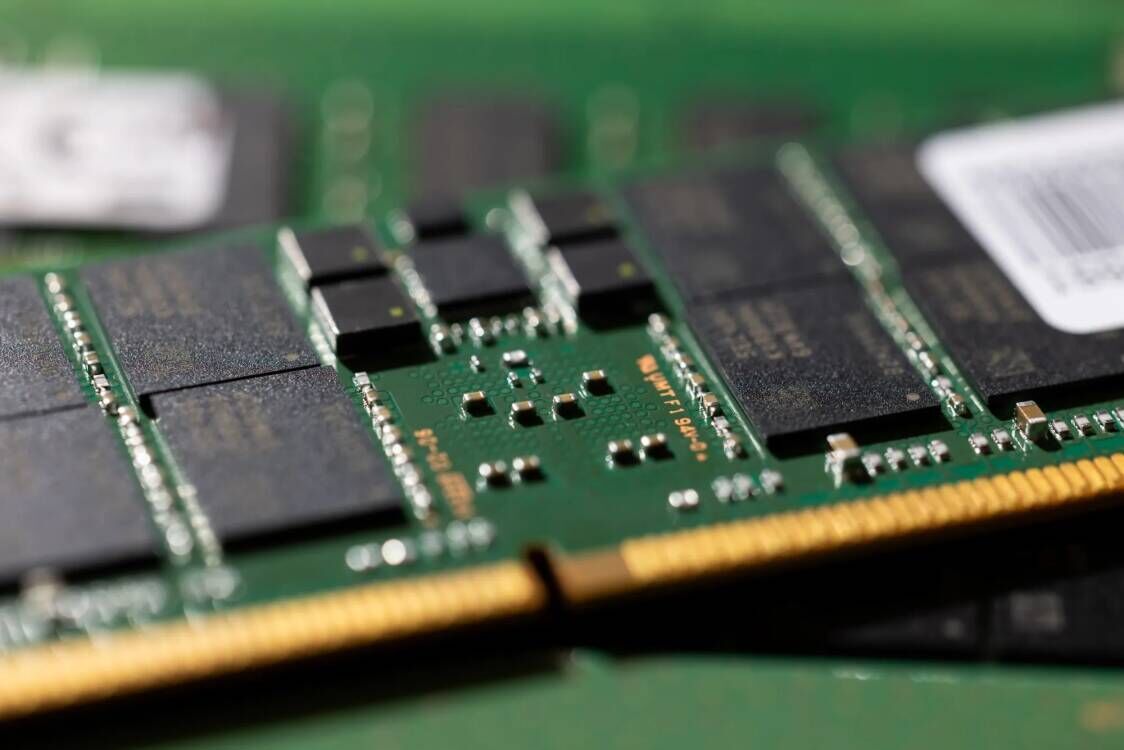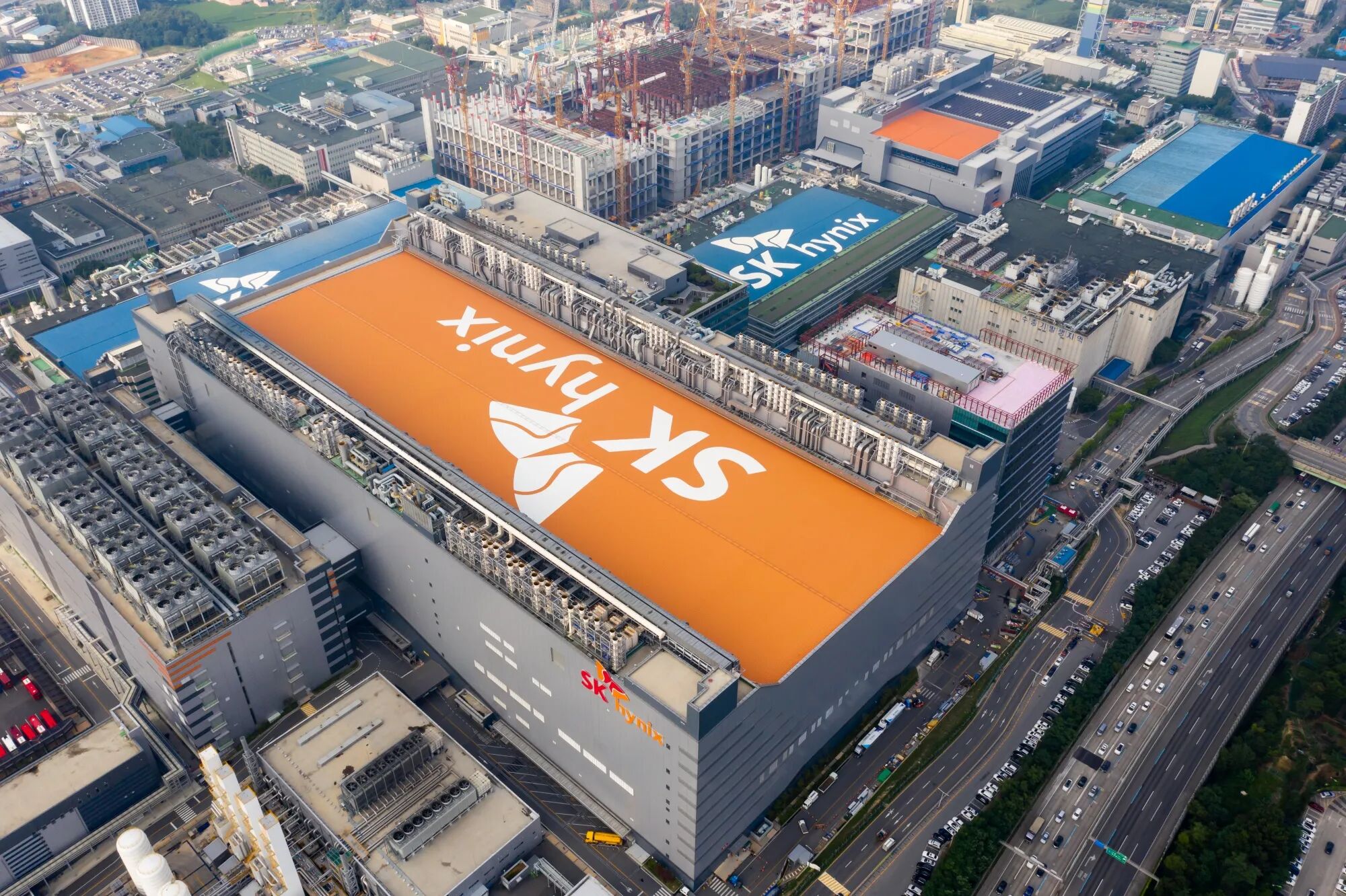According to Nikkei Asia, lead times for chip orders in February 2022 have increased by 5 to 15 weeks compared to October last year. Among them, the average lead time of general-purpose products for 16-bit processors was 44 weeks, an increase of 15 weeks from October, and the average lead time for power management chips was 37 weeks, an increase of 9 weeks. In addition, some processors have a maximum lead time of 99 weeks.
In addition to growing demand faster than supply, chipmakers are prioritizing shortages of cutting-edge chips over commodity products. The average price of chips such as processors has risen 15 percent or more in a year, according to Gartner, a U.S. market research firm.
The report quoted Japanese government data showing that air-conditioning production from October to December 2021 totaled 730,000 units, down 26% from the same period two years ago. Digital camera production fell 25% and passenger cars fell 16%.
Nikkei Asia noted that Sony Group halted orders for six mirrorless camera models in the last two months of 2021 and halted production three times due to a shortage of semiconductors for liquid crystal displays. The resulting production shortfall has dented Sony's market opportunity to sell cameras, with segment sales falling 4% in the October-December quarter.
"Some products are expected to be in short supply in the first half of fiscal 2022, so we will increase our inventory," said Hiroki Totoki, Sony's chief financial officer and executive vice president.












All Comments (0)